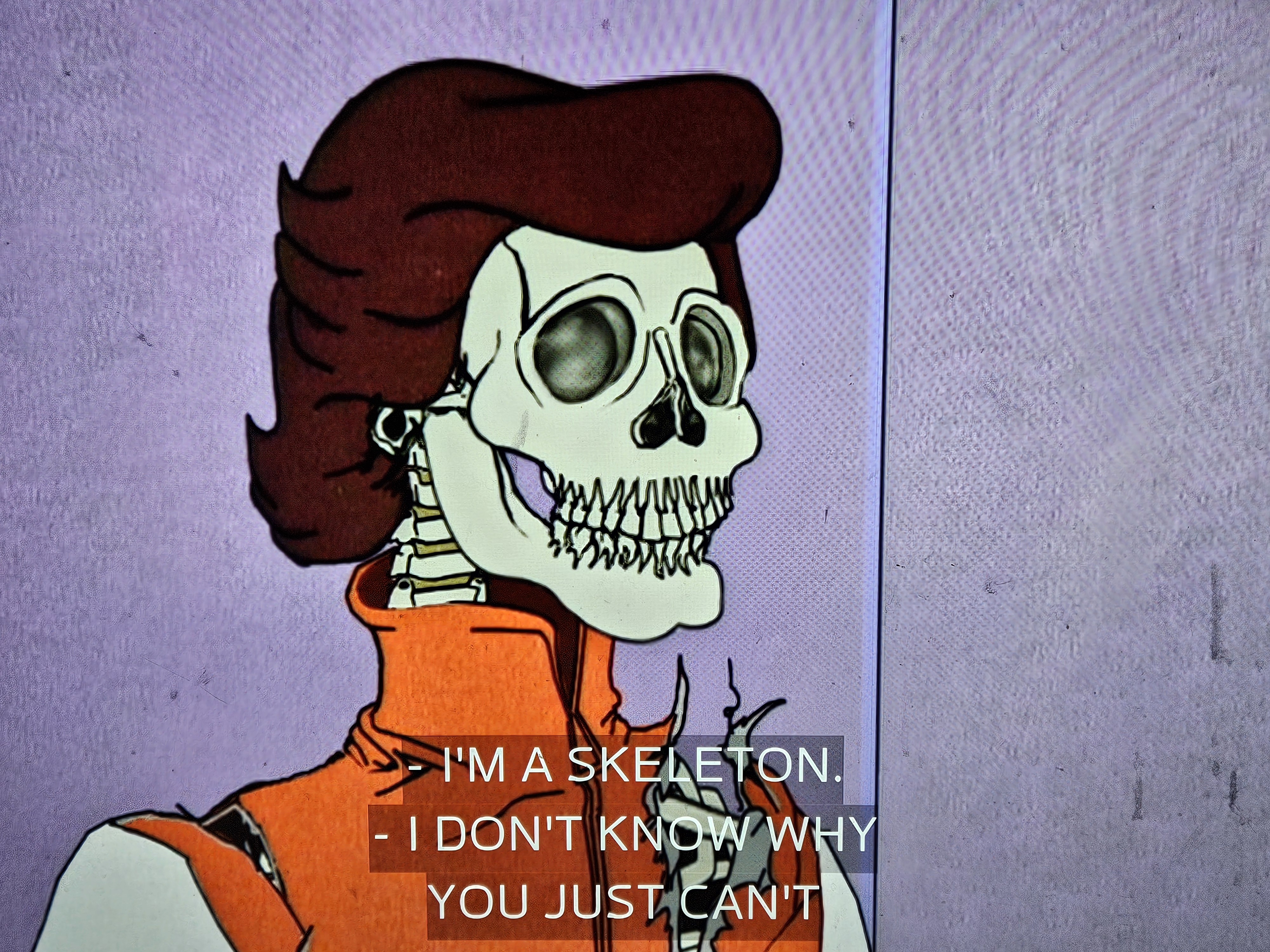aimixin, arguing with a liberal:
You aren't paying attention. Democracy is authoritarian. It is the means by which the democratic will of the people express its authority, by means of force. What happens if someone picks up a gun and tries to oppose the democratic consensus? Do you just sit by and let the democracy be destroyed? No, the democratic state uses its own authority to oppress the opposition.
There is no such thing as a distinction between "democracy" and "authoritarian". It's a meaningless buzzword. The opposite of a democracy is an autocracy or an oligarchy, not "authoritarian". That's just something westerners fling at other people's democracies which they don't like for daring to vote for something against US interests and want to see them blown up and millions killed and displaced.
There is no such thing as a distinction between “democracy” and “authoritarian”.
There is an implied distinction, in so far as "authoritarian" is intended to be perceived as a kind-of minority or even monarchical rule, while "democratic" is perceived as popular and driven by lay citizens. But this distinction is superficial, as it fails to penetrate the nature and origin of governmental authority.
The same liberals that laud democratic ideals will recoil at the idea of "populism" as a means of political organizing. Politics still needs to get filtered through some number of academics and bureaucrats to establish legitimacy. And any decision that isn't liberal - and therefore isn't "correct" - earns the moniker of "authoritarian" regardless of how many people support it.
Meanwhile, non-representative bodies like gerrymandered electoral districts, the Electoral College, the US Senate, the US Courts, the Joint Chiefs, the Federal Reserve, the Chamber of Commerce, etc are never described as "authoritarian" despite their obviously non-democratic components. They gain the auspices of democracy by their perceived relationship to democratic activity and publicized popular opinion. The military becomes legitimized as democratic because it is described as popular. Senators are considered democratic because the office is elected. Courts are democratic because the seats are appointed by elected officials. Markets are democratic because commerce is ostensibly participatory. Etc.
These terms do mean things and they are functionally distinct, but the propaganda through which they are involved very deliberately distorts their application. At a certain level, yes. Jeff Bezos can get up on a national platform and call Vladimir Putin a tyrant, despite the President of Russia having far more popular support than the Executive Chairman of Amazon.
But these terms are also somewhat self-fulfilling. By invoking nationalist language, Bezos accrues domestic legitimacy in the same way that Putin does. And so Bezos maintains dictatorial control of the world's largest retail distribution network in a Lockean consent-of-the-governed sense by dint of his employees declining to rebel against him.
Americans do not need the kind of heavy handed "authoritarian" rule imposed upon the frontier of empire precisely because they do not routinely rise up in open rebellion. In that sense, "democractic" may well be described as "absent the necessity of authoritarian controls". Individuals are assumed to be democratically lead when they decline to resist the rule of law.
What happens if someone picks up a gun and tries to oppose the democratic consensus? Do you just sit by and let the democracy be destroyed? No, the democratic state uses its own authority to oppress the opposition.
Except we have seen instances in which democracies are dismantled without an armed resistance. We saw it in Chile. We saw it in the USSR. We saw it in Czechoslovakia and Yugoslavia and Germany and Rome and the UK and Mexico and Australia and Iran. Within the borders of the US alone, we routinely build and dismantle and rebuild democratic institutions decade by decade, both locally and nationally. Whether through coups or intrigues or simple neglect, democracies regularly fail.
What can you say of such countries, where democratic institutions are demolished without resistance? Are they authoritarian, if the people meekly accept the new leadership. Are they undemocratic if the new institutions rapidly gain domestic support?
This is also the substance of the anarchist critique of democracy.
We couldn't get enough collective action to even wear masks. What are you talking about?
Americans couldn't. There were places besides China with zero covid, though, including western countries like Australia and NZ. They just abandoned zero covid earlier because :stonks-up:
We couldn’t get enough collective action to even wear masks.
I'm preaching the choir here but I guess Americans will never take collective action on anything.
God talk about a fetish for defeat, it extends so far that only the virtuous suffering white zero coviders can merit sympathy, while the society that is actually dedicated to keeping each other safe is, in reality, brainwashed and coerced into that behavior.
Or it’s just Sinophobia. I’ve heard the liberals are fans of that now
It's definitely sinophobia. Australia and New Zealand both had zero covid policies in place, they were comparable to those of the PRC and they were comparably successful while they lasted. Zero covid in both cases means region-wide lockdowns, shelter in place, quarantine, travel restrictions. And that just works. China simply has more efficiently organized mass testing, managed to pull it off on a much, much greater scale including in dozens of cities with more inhabitants than NZ and Australia combined and has kept at it much longer. But it's not as if Australian lockdowns weren't aUtHoRiTaRiAn. They were, and they had to be, and that saved hundreds of thousands of lifes. They also told people not to leave their house, they didn't let people cross state lines when there were local hotspots etc. You cannot save lifes in that situation without infringing some freedoms. It's a normal balancing act of different legal goods, like in this case saving lifes and being allowed to travel where you want. Liberal democracies do such balancing acts all the time. All governance infringes on some freedoms to guarantee others, that's unavoidable. And in this case, we have two western governments and the Chinese government weighing such rights in a very comparable way.
So that entire post boils down to "lockdowns are ok if done by white people".
I hate that "enlightenment ideals" have led every dumbfuck to believe individualism = freedom
it doesn't feel very free that I can't leave my home without risk of hospitalization/death
damn the enlightenment really was the perfect ideology for the rise of capitalism huh :sadness:
When you have a stroke but still wanna type out a political commentary
What western zero covid movement? The one where zero people don't get covid?
Oh I think I understand.
SocialismZero COVID is good when you're advocating for it and have no hope of achieving it.SocialismZero COVID is authoritarian when you win and actually do it.biopolitics
Sure, let's just divide "politics" into a million little compartments (biopolitics, ethnopolitics, technopolitics, narcopolitics....arachnopolitics?) and pretend they don't interact with each other, have material consequences, or have their seats of power in the same places. That's the ticket.
going full polyparlamentarism and establishing a parlament for every broader category of issue and 5 for deciding which gets one. They're all doing counteracting legislation and the executive and judiciary branches get to duke it out on a case by case basis
Bonus: each of them has its own tax collection agency
Reminds me when the internet first came out and everything was Cyber-Something
biopolitics. as opposed to normal politics which is not about bios
also, remember when the US government gave money to private companies to develop temperature taking drones? setting a pile of cash on fire in the hopes that you can create a dystopia while supporting private enterprise is rooted in solidarity and positivity.
building people a clean, insulated, space to quarantine so they don't have to get their family sick or clog up hospitals is negative and authoritarian. you know, like sanitariums we used to have in this country before everyone decided that buildings dedicated to sick people outside of hospitals were waste of money.
lol I can't even get a socialist org or union to be for zero-COVID in the West.
Yet again, if whatever China’s doing is “authoritarian surveillance and control” then I’ll take authoritarian surveillance and control please and thank you. Whatever you want to call what China’s doing it’s worked and I want it















